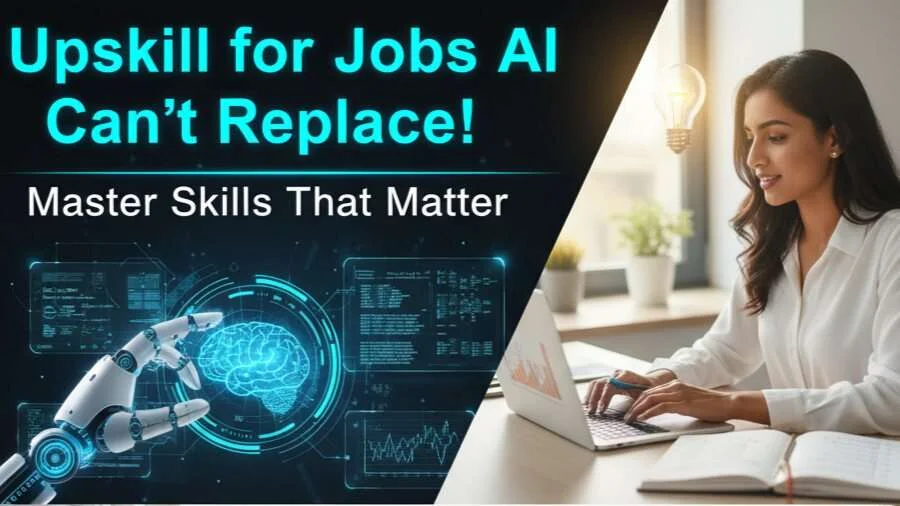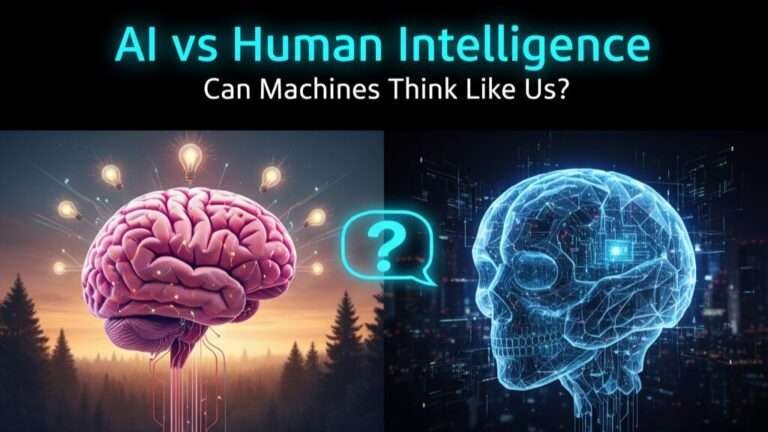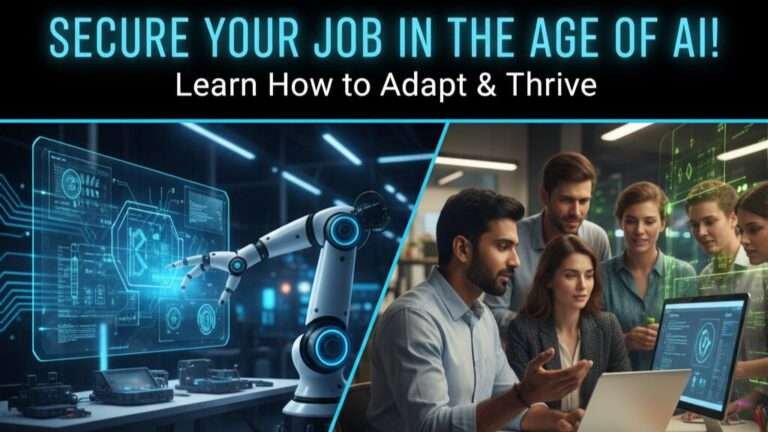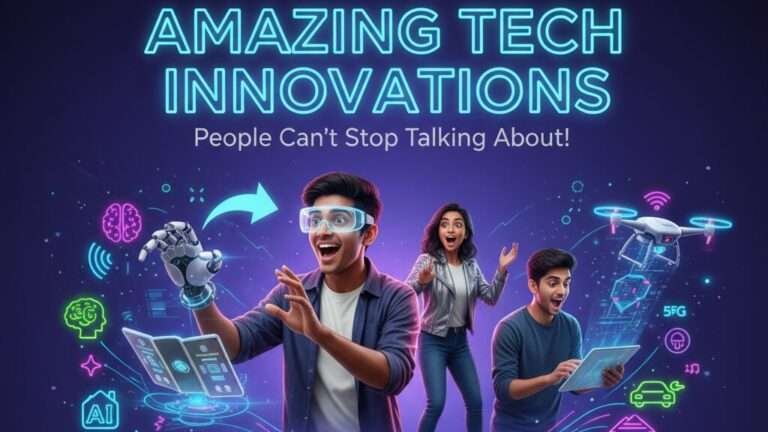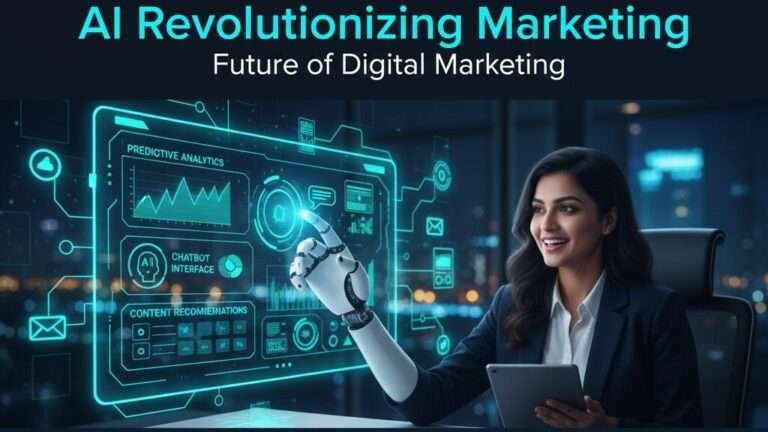Technology has brought amazing progress, but it’s also made many people wonder about the future of work. With automation and smart AI tools on the rise, some jobs are easily replaced by machines. However, there will always be jobs AI can’t replace, careers that need a human touch, creativity, and unique problem-solving skills. The big question is: how can you upskill for these future-proof roles and set yourself apart?
Let’s dive into practical, easy-to-follow steps to make sure your skills stay valuable, even as the digital world keeps changing around us.
Why Are Some Jobs AI Can’t Replace?
First things first, it’s important to understand why there are certain jobs AI can’t replace. While machines can process data and handle repetitive tasks at lightning speed, they still struggle with emotional intelligence, ethical decision-making, and creativity. Fields like healthcare, counseling, teaching, skilled trades, arts, and leadership require personal connection and judgment, qualities only humans possess.
If you want to secure a future-ready career, you need to focus on these human-centric areas.
Best Ways to Upskill for the Future
Anyone can improve their chances of landing jobs AI can’t replace by targeted upskilling. Here’s how to start:
1. Develop Emotional Intelligence
AI cannot truly understand or navigate human emotions. Building emotional intelligence not only helps in leadership roles but is also a crucial asset in teaching, counseling, healthcare, and customer-facing jobs. Practice active listening, empathy, and conflict resolution.
2. Gain Expertise in Creativity
Creativity remains one of the most valuable traits in jobs AI can’t replace. Hone your creative thinking by engaging in artistic pursuits, brainstorming new ideas, or finding innovative solutions to real-life problems. Fields like marketing, design, writing, and content creation thrive on creativity.
3. Learn Advanced Communication Skills
No matter how advanced AI becomes, authentic communication is a skill exclusive to humans. Focus on clear writing, confident public speaking, and persuasive negotiating. These skills are highly valued in jobs that need personal interaction and nuanced understanding.
4. Embrace Continuous Learning and Adaptability
Upskilling for jobs AI can’t replace means being ready to learn new things regularly. Enroll in workshops, take online courses, and read books that stretch your thinking. The more adaptable and flexible you become, the easier it is to stay ahead in the job market.
5. Build Digital Literacy (But Don’t Depend on It Alone)
Understanding digital tools is essential, but the goal should be to use technology as a helper, not a replacement. Combine your digital literacy with critical thinking and human insight to become irreplaceable.
Examples of Jobs Artificial Intelligence Can’t Replace
Let’s take a closer look at some real-world examples of jobs AI can’t replace:
- Teachers and educators shaping young minds.
- Nurses, doctors, and therapists offering emotional care.
- Skilled tradespeople like electricians and plumbers.
- Creative professionals in art, music, and writing.
- Social workers and counselors supporting communities.
In each of these fields, the human element makes all the difference.
Final Thoughts
As technology grows, don’t be afraid, be prepared! Focus on developing skills that set humans apart: emotional intelligence, creativity, adaptability, and communication. If you consistently upskill in these areas, you’ll always be ready for jobs AI can’t replace.
